Ophthalmologists in Mumbai
Facing vision problems or eye discomfort? At One Stop Healthcare Solution, we make it easy for you to find the best ophthalmologists in Mumbai for all your eye care needs. Whether you need a routine check-up, treatment for an eye condition, or advanced eye surgery, we connect you with experienced eye doctors in Mumbai who offer comprehensive eye care solutions.
Latest Procedure
Expert Surgeons
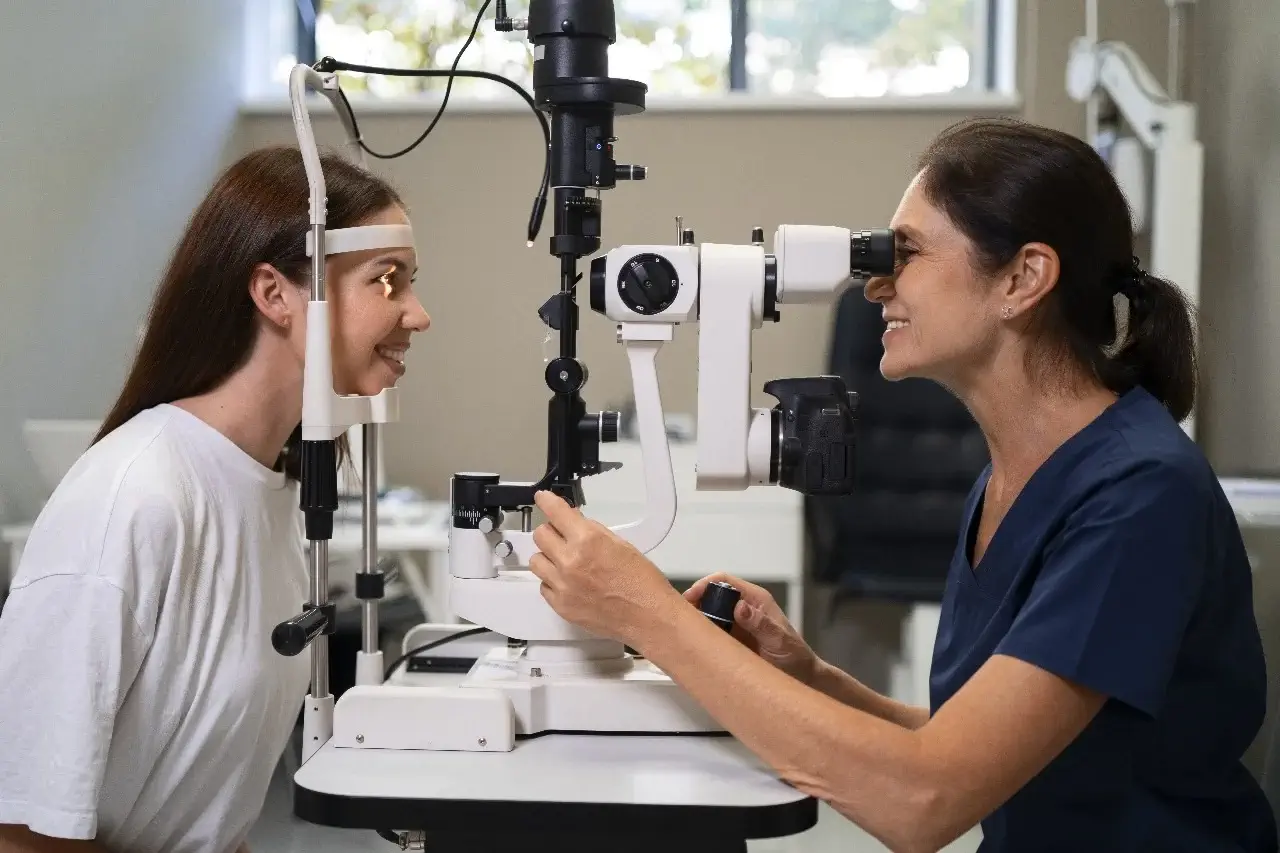
Featured Treatments

Cataract Surgery

LASIK Eye Surgery

Glaucoma Treatment
Find the Best Ophthalmologists in Mumbai
Struggling with vision issues or eye discomfort? Your eyes are one of your most vital senses, and maintaining optimal vision is essential for a high-quality life. If you’re experiencing blurry vision, eye strain, or discomfort, it’s important to seek expert care. Common conditions like cataracts, refractive errors, glaucoma, or retinal disorders can impact your daily activities, but early diagnosis and advanced treatment from the top ophthalmologists in Mumbai can restore your vision and overall eye health.
At One Stop Healthcare Solution, we make it easy to find doctors in Mumbai who specialize in comprehensive eye care in Mumbai. Whether you need a routine eye check-up, treatment for a complex eye condition, or a specialized procedure, we connect you with the best eye doctors in Mumbai for expert care.
Whether you need an optometrist in Mumbai for a vision test, a retina specialist in Mumbai, for advanced eye conditions, or a general eye doctor near me in Mumbai, we are here to assist you in finding the best medical care.
Take the first step toward clear vision and healthy eyes. Contact us today with the top ophthalmologists near you!
Request a Call Back
Ophthalmologists: Things To Know
- Cataracts: A clouding of the lens in the eye, leading to blurred vision, common in older adults.
- Glaucoma: A group of eye conditions that damage the optic nerve, often due to high intraocular pressure, leading to vision loss if untreated.
- Macular Degeneration: A condition affecting the central part of the retina (macula), leading to a gradual loss of central vision, often seen in older adults.
- Diabetic Retinopathy: Damage to the blood vessels in the retina caused by diabetes, leading to potential vision loss.
- Dry Eye Syndrome: Insufficient lubrication of the eye, causing irritation, redness, and a feeling of grittiness.
- Astigmatism: A refractive error caused by an irregular shape of the cornea or lens, leading to blurred or distorted vision.
- Myopia (Nearsightedness): A condition where distant objects appear blurry, caused by an elongated eyeball or steep cornea.
- Hyperopia (Farsightedness): A condition where nearby objects appear blurry, caused by a short eyeball or flat cornea.
- Presbyopia: Age-related difficulty in focusing on nearby objects, typically starting around the age of 40.
- Conjunctivitis (Pink Eye): Inflammation of the conjunctiva, usually caused by infections (viral or bacterial) or allergies, resulting in redness, irritation, and discharge.
If you’re experiencing any of these conditions, it’s important to consult an ophthalmologist for diagnosis and appropriate treatment.
- Cataract Surgery: Removes the cloudy lens of the eye and replaces it with an artificial lens to restore clear vision.
- LASIK (Laser-Assisted In Situ Keratomileusis): Corrects refractive errors like nearsightedness, farsightedness, and astigmatism using a laser.
- PRK (Photorefractive Keratectomy): An alternative to LASIK for reshaping the cornea to improve vision, especially for those with thin corneas.
- Glaucoma Surgery: Reduces intraocular pressure to prevent damage to the optic nerve, typically through laser or microsurgical techniques.
- Retinal Surgery: Treats retinal conditions like retinal detachment, macular degeneration, or diabetic retinopathy.
- Corneal Transplant: Replaces a damaged or diseased cornea with a healthy donor cornea to restore vision.
- Refractive Lens Exchange (RLE): Replaces the natural lens with an artificial one to correct severe refractive errors, often used for presbyopia.
- Vitrectomy: Removes the vitreous gel from the eye to treat conditions like retinal detachment, macular holes, or eye infections.
- Ptosis Surgery: Repairs drooping eyelids to improve vision and appearance.
- Strabismus Surgery: Corrects misaligned eyes by adjusting the eye muscles.
- Sudden Vision Changes:
If you experience sudden vision loss, blurriness, double vision, or difficulty focusing, it’s crucial to consult an ophthalmologist immediately. These could be signs of underlying eye conditions or systemic issues like diabetes or stroke. - Eye Pain or Discomfort:
Persistent eye pain, burning sensations, or discomfort may indicate serious problems like infections, corneal abrasions, or glaucoma that require prompt attention. - Frequent Headaches:
Headaches caused by eye strain or uncorrected vision problems should not be ignored. An ophthalmologist can assess whether glasses, contact lenses, or other treatments are needed. - Flashes and Floaters:
The sudden appearance of flashes of light, floaters, or a shadow in your vision could be signs of retinal detachment, which requires immediate medical intervention. - Redness or Swelling:
Persistent redness, swelling, or discharge in one or both eyes could indicate infections like conjunctivitis, uveitis, or allergies. Consulting an ophthalmologist ensures proper diagnosis and treatment. - Difficulty Seeing at Night:
Trouble seeing in low light or nighttime could indicate cataracts, vitamin deficiencies, or other eye health concerns that need evaluation. - Family History of Eye Diseases:
If you have a family history of conditions like glaucoma, macular degeneration, or retinal disorders, regular check-ups with an ophthalmologist are essential for early detection and prevention. - Dry Eyes or Irritation:
If you experience persistent dryness, grittiness, or irritation despite using over-the-counter eye drops, an ophthalmologist can provide specialized treatment to restore comfort. - Changes in Peripheral Vision:
Loss of side vision or a narrowing of your field of vision could be a sign of glaucoma, which requires early diagnosis to prevent permanent damage. - Prolonged Use of Digital Devices:
If you experience eye strain, blurred vision, or headaches from prolonged screen use, an ophthalmologist can evaluate and recommend remedies like blue light-blocking lenses or eye exercises. - Routine Check-Up for Age-Related Concerns:
Individuals over 40 should have regular eye exams to screen for age-related issues such as presbyopia, cataracts, and glaucoma. Early detection is key to maintaining vision. - Eye Injuries:
Any trauma or injury to the eye, such as scratches, burns, or exposure to chemicals, should be evaluated immediately to prevent long-term damage. - Contact Lens Complications:
If you wear contact lenses and experience redness, irritation, or infections, consult an ophthalmologist to ensure your lenses are the right fit and maintain eye health. - Regular Eye Health Maintenance:
Even if you don’t have any symptoms, regular eye check-ups every 1-2 years are recommended to ensure early detection of any hidden eye conditions.
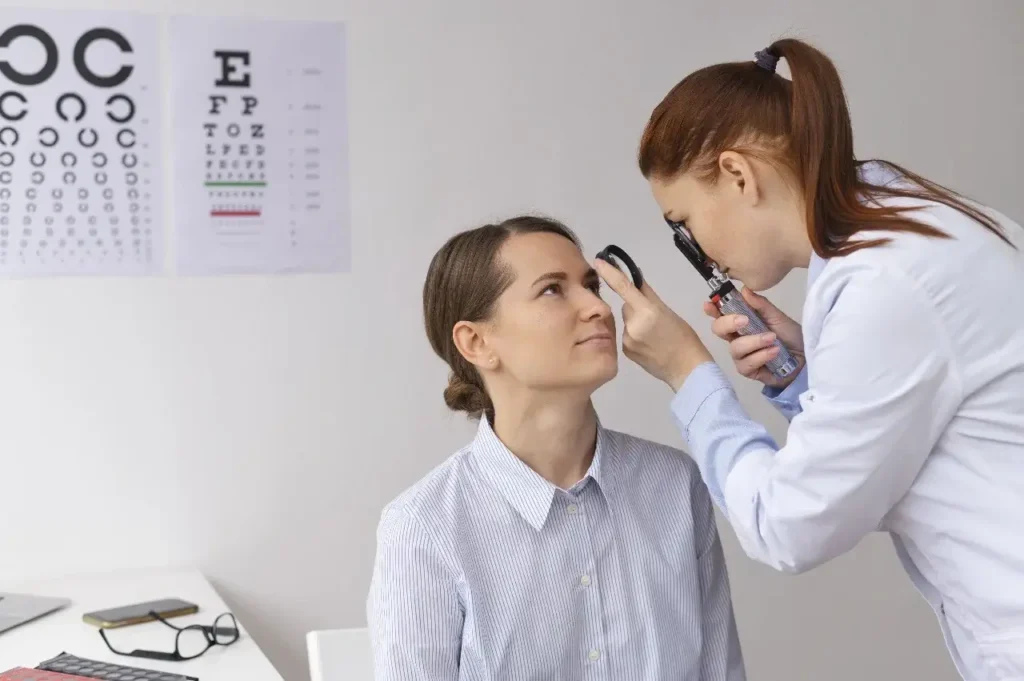
Laser Eye Surgery in Mumbai
Laser eye surgery is a highly effective and advanced procedure designed to correct refractive vision problems like nearsightedness, farsightedness, and astigmatism. By reshaping the cornea using precision laser technology, the surgery aims to improve how light enters the eye, resulting in clearer vision without the need for glasses or contact lenses. Whether you’re dealing with blurry vision or simply want to reduce your dependence on corrective lenses, laser eye surgery can help you achieve sharper, more natural vision.
At One Stop Healthcare Solution in Mumbai, we offer state-of-the-art laser eye surgery, including popular treatments like LASIK and PRK, performed by our experienced ophthalmologists. Our cutting-edge equipment and skilled surgeons ensure that the procedure is quick, safe, and effective, with minimal discomfort and a fast recovery time. We focus on personalized care, tailoring each treatment plan to suit your unique needs, lifestyle, and eye health.
What an Eye Specialist Does During Treatment: A Comprehensive Overview
An eye specialist, or ophthalmologist, will perform various tasks and procedures during the treatment of eye conditions. Here’s an overview of what they typically do:
01

Diagnosis
The specialist will conduct a comprehensive eye exam, which may include checking visual acuity, eye pressure, examining the retina, cornea, and optic nerve, and assessing the overall health of the eyes. They may also use advanced imaging tests or scans if necessary.
02

Prescription of Corrective Lenses
If the patient has refractive errors like nearsightedness, farsightedness, or astigmatism, the ophthalmologist may prescribe eyeglasses or contact lenses to correct vision.
03

Medications
For conditions like infections (conjunctivitis), dry eyes, or glaucoma, the ophthalmologist will prescribe medications such as eye drops or oral medications to treat the condition.
04
Laser Treatments
For certain conditions like glaucoma or retinal issues, the ophthalmologist may use laser technology to treat the condition. For example, laser eye surgery (LASIK or PRK) can correct refractive errors, while laser treatments for glaucoma help lower eye pressure.
05
Surgical Interventions
If the eye condition requires surgery, the ophthalmologist will perform procedures like cataract surgery, corneal transplants, retinal surgery, or even eyelid surgery (for conditions like ptosis). They will guide the patient through the pre-surgery preparation and post-surgery care to ensure optimal results.
06

Management of Chronic Conditions
For ongoing issues like diabetic retinopathy, macular degeneration, or glaucoma, the ophthalmologist will monitor the condition regularly and adjust treatment plans to prevent further damage.
07

Prevention & Eye Health Maintenance
An ophthalmologist will advise on lifestyle changes, dietary supplements, or preventative measures, such as UV protection for the eyes or how to manage conditions like dry eye syndrome.
08

Post-Treatment Care
After surgery or any major eye treatment, the ophthalmologist will provide follow-up care, monitor healing, and ensure no complications arise during recovery.
Why Choose Our Eye Specialist (Ophthalmologist) in Mumbai
Our ophthalmologists are highly trained and experienced in diagnosing and treating a wide range of eye conditions, from refractive errors to complex surgical procedures.
We use the latest diagnostic tools and advanced treatment options, including laser eye surgery, cataract surgery, and retinal treatments, ensuring you receive the best care possible.
We understand that each patient is unique. Our specialists tailor treatment plans to fit your specific needs, lifestyle, and eye health.
From routine eye exams to advanced surgical procedures, we offer a full spectrum of eye care, making us your one-stop destination for all things related to eye health.
Your comfort and well-being are our top priorities. We ensure clear communication, compassionate care, and a supportive environment throughout your treatment journey.
With a history of successful outcomes and happy patients, our eye specialists have earned a reputation for excellence in eye care in Mumbai.
We offer competitive pricing with various payment options, including insurance coverage, making quality eye care accessible to all.
Our relationship with you doesn’t end after the procedure. We provide thorough follow-up care to monitor recovery and ensure the best possible results.
Choose us for your eye care needs and experience world-class treatment from trusted ophthalmologists in Mumbai. Contact us today to book your consultation.
Expert Care
Sate of the Art Technology
Personalized Services
Comprehensive Services
Patient Centered Approach
Proven Track Record
Affordable & Accessible
Post Treatment Support
How to Find the Right Ophthalmologist in Mumbai?
Choosing the right eye doctor in Mumbai is crucial for maintaining good vision and eye health. Here are some factors to consider:
1. Experience & Specialization: Whether you need a retina specialist in Mumbai, India, or a general ophthalmologist, check their expertise.
2. Reputation & Reviews: Read patient feedback to find trusted top ophthalmologists in Mumbai.
3. Hospital & Clinic Facilities: Ensure they have the latest technology for effective diagnosis and treatment.
4. Convenient Location: Choose an eye doctor near you in Mumbai for easy access to treatment.
At One Stop Healthcare Solution, we simplify the process of finding the top ophthalmologists near you. Whether you need an optometrist in Mumbai for routine eye care or a retina specialist in Mumbai, India, for advanced treatment, we ensure you receive the best medical attention.
Find doctors in Mumbai, book appointments seamlessly, and get the highest standard of eye care in Mumbai with us.
Schedule Your Consultation Today!
Searching for the best Eye Doctor in Mumbai? We can help you find expert care.
Frequently Asked Questions
Our ophthalmologists will assess the severity of your myopia and recommend the best treatment options, such as glasses, contact lenses, or laser eye surgery like LASIK.
LASIK is suitable for most individuals with refractive errors, but an eye exam is necessary to determine if you’re a good candidate. We’ll evaluate your eye health and discuss all options with you.
Regular eye exams, a healthy diet rich in antioxidants, and protecting your eyes from UV light are key preventive measures. Our specialists can provide personalized advice based on your risk factors.
Cataract surgery is generally painless, thanks to local anesthesia. Our surgeons use advanced techniques to ensure a quick recovery and minimal discomfort
Glaucoma often presents with no symptoms in its early stages. If left untreated, it can lead to vision loss. Regular eye exams are essential for early detection. Treatment may include medication, laser therapy, or surgery.
Yes, our ophthalmologists are experienced in treating children for conditions like strabismus (crossed eyes), amblyopia (lazy eye), and refractive errors.
Recovery time for LASIK is usually quick, with many patients noticing improvements within 24-48 hours. For PRK, recovery may take a little longer, but our specialists will guide you through the process.
If you experience eye pain, redness, or discomfort, it’s important to consult an ophthalmologist right away to diagnose and treat the issue.
Yes, we accept a wide range of medical insurance plans. We also offer cashless mediclaim options to make your treatment more convenient.
It’s recommended to have an eye exam every 1-2 years, or more frequently if you have specific risk factors or a family history of eye conditions.
Ophthalmologists treat a wide range of eye diseases, including but not limited to glaucoma, cataracts, macular degeneration, diabetic retinopathy, dry eye syndrome, and refractive errors such as myopia, hyperopia, and astigmatism. They also treat eye infections, injuries, and perform surgical interventions when necessary.
Other Specialties

Proctology
Care for conditions like hemorrhoids, anal fissures, and other rectal issues. It includes diagnosis, minimally invasive procedures, and follow-up care for comfort and recovery.
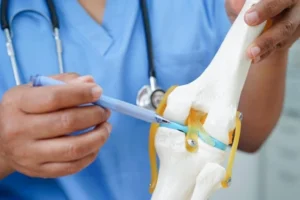
Orthopedic Treatment
Treatment for joint pain, bone fractures, and muscle problems. It includes tests, non-surgical options, and surgical treatment if needed.

ACL Injury
Care for ACL injuries with treatments like physical therapy, arthroscopic surgery, and ligament reconstruction. It includes diagnosis, personalized treatment plans for full recovery.

Spine Surgery
Surgery for back problems like herniated discs and scoliosis. It includes consultations, surgery, and follow-up care for recovery.

Hip Replacement
Advanced surgery options to fix hip pain and improve mobility. It includes pre-surgery care, surgery, and post-treatment support.

Ligament Tear
Treatment options for torn ligaments, including surgery and therapy. It includes diagnosis, surgery, and rehabilitation for healing.
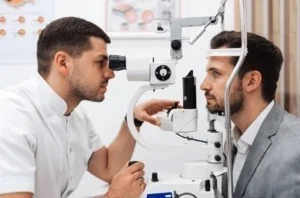
Ophthalmology
Treatments for vision problems, eye diseases, and regular check-ups. It includes eye exams, treatments, and surgeries for better eye health.
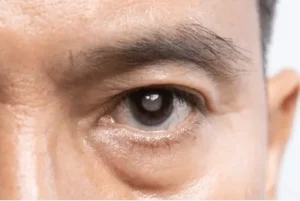
Cataract Surgery
Safe cataract removal surgery for clearer vision. It includes eye tests, surgery, and post-surgery care to help you see better.

LASIK
LASIK surgery for clearer, glasses-free vision. It includes eye tests, laser treatment, and post-surgery care.
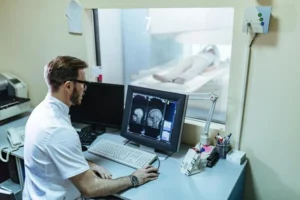
Oncology
Treatment for different types of cancer, including surgery, chemotherapy, and radiation. It includes diagnosis, treatment plans, and patient support.

Kidney Stones
Treatment for kidney stones, including laser surgery and other methods. It includes diagnosis, treatment, and recovery support.

Hernia
Care for hernia conditions with treatments like laparoscopic surgery, open repair, and mesh repair includes diagnosis, treatment plans, and post-surgical support for a smooth recovery.

Varicose Vein
Treatments like laser therapy, sclerotherapy, and surgery to improve circulation and ease discomfort. It includes diagnosis, treatment plans, and support before and after treatment.

Knee Replacement
Experience advanced knee replacement surgery with our expert orthopedic surgeons. Trust us for comprehensive care and personalized treatment plans tailored to your needs.

Gall Stone Treatment
Our specialized team offers effective solutions for gallstones, including minimally invasive procedures to remove stones and alleviate discomfort.

Health Checkup in Mumbai
We provide comprehensive health checkup in Mumbai with thorough evaluations, including essential screenings and diagnostic tests, to detect potential health issues early.

Home Health Care Service
Enjoy professional healthcare in the comfort of your home, including nursing care, physiotherapy, and medical assistance.

